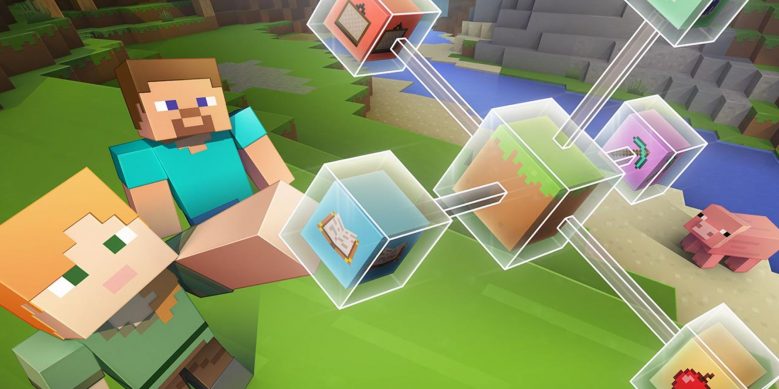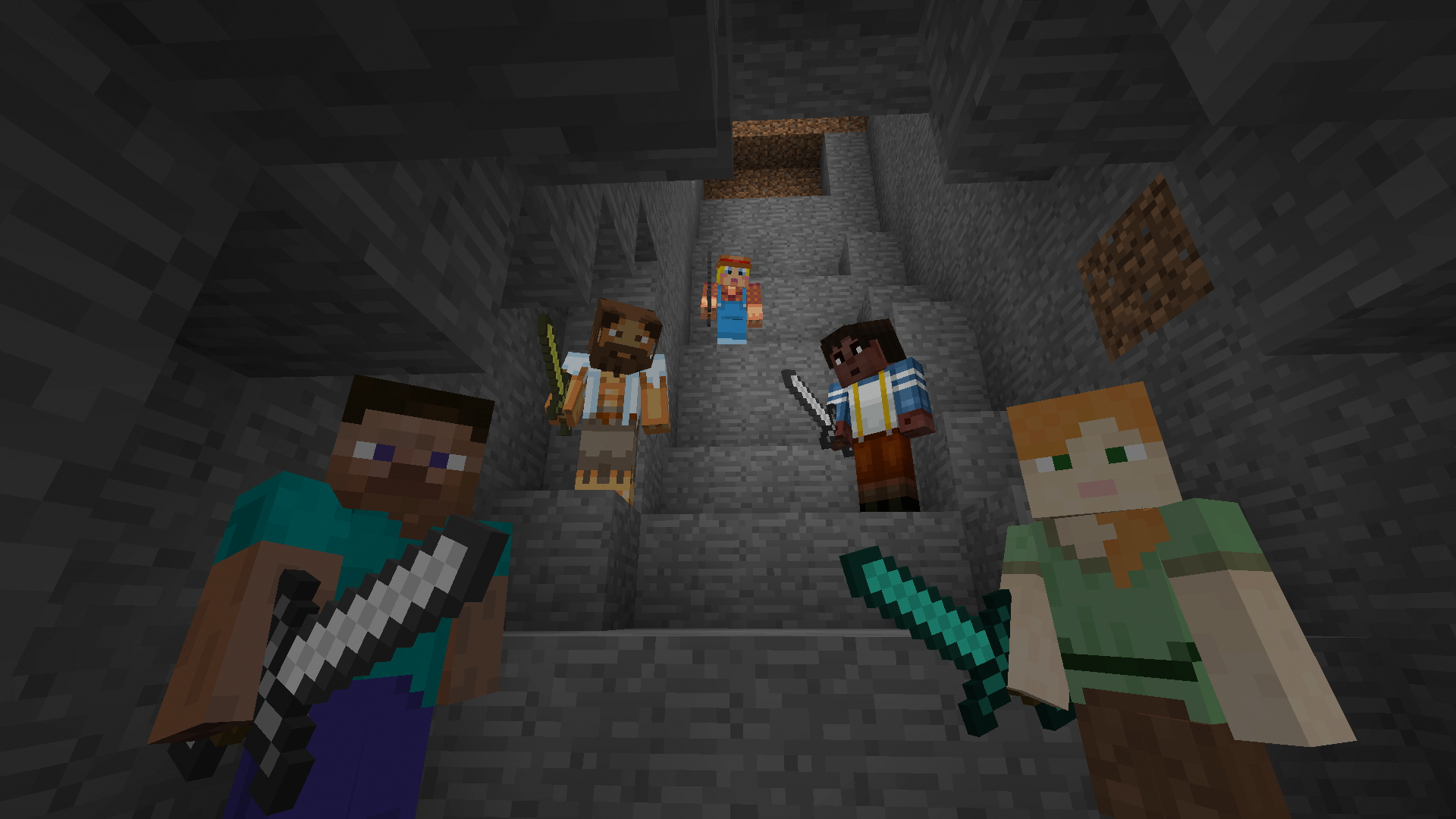A new version of Minecraft aimed at helping schoolchildren learn has been released after feedback from tens of thousands of teachers and students. Minecraft: Education Edition has been launched in 11 languages around the world, and landed in Austria, Belgium, Bulgaria, Croatia, Cyprus, Czech Republic, Denmark, Estonia, Finland, France, Germany, Greece, Hungary, Iceland, Ireland, Italy, Latvia, Liechtenstein, Lithuania, Luxembourg, Malta, Netherlands, Norway, Poland, Portugal, Romania, Slovakia, Slovenia, Spain, Sweden, Switzerland, Turkey, and the United Kingdom.
Already used in 10,000 classrooms across the world, Minecraft: Education Edition allows pupils to collaborate easily inside the popular block-building game. Teachers can also take photos of work and create plans, guides and chalkboards to help with a range of subjects, from maths and physics to history and languages.
Released after feedback from tens of thousands of teachers and students, some of the sample lessons include “City Planning for Population Growth”, “Exploring Factors and Multiples” and “Effects of Deforestation”.
An early access version of the game was made available in June, free of charge to schools in more than 50 countries, and over 50,000 students and teachers signed up to use it. Now, following suggestions from educators, it has been released for use in classrooms.
One of the new features is a Classroom Mode – a companion app that shows a map view of the Minecraft world, a list of all the students, the ability for a teacher to teleport students and a chat window to communicate with students and grant resources in the game. It is aimed at teachers who want to watch what students do in the game without actually playing it themselves.
One of the most common requests from teachers was the ability for students to collaborate to build projects and solve problems within Minecraft. In the Education Edition, an entire classroom of up to 30 students can play together in one world without the need for a separate server. Alternatively, students can work together in pairs or groups simply by joining their classmates’ worlds.
Minecraft: Education Edition allows teachers to collect evidence of learning in the game and see student progression. The camera and portfolio features let students to take screenshots of their work and document the development of their projects.
A teacher can create a non-player character (NPC) to act as a guide for students in the game. This guide can give instructions, provide more information or allow teachers to insert an active web link to additional references.
Similar to an NPC, teachers can use chalkboards within the game to communicate learning goals, provide information, give instructions or challenge students with problems to solve within the game. Chalkboards come in three different sizes – Slate (1×1), Poster (2×1), and Board (2×3) and can be placed either on the ground or mounted on a vertical surface.
Individual student and teacher logins help identify each player in the game, and ensure data privacy and security while playing Minecraft: Education Edition. Single sign-on capabilities are supported, so no additional passwords or accounts are required, and there is also a Tutorial World for anyone new to Minecraft.
Minecraft is one of the most popular computer games of all time, with more than 106 million copies sold to date – including four to people in Antarctica. Since the beginning of 2016, more than 53,000 copies have been sold every day, with more than 40 million people playing Minecraft every month.
Lesson plans and information on the new Minecraft Mentors program can be found at education.minecraft.net.





